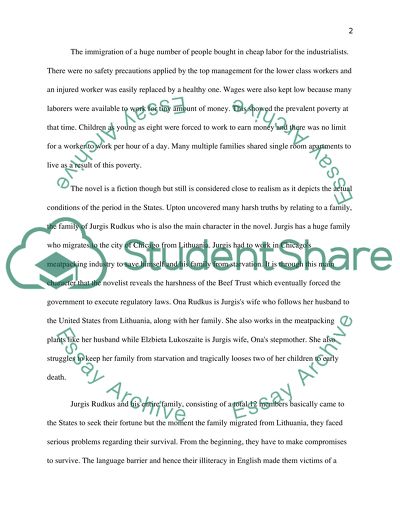Cite this document
(“THE JUNGLE BY UPTON SINCLAIR Book Report/Review”, n.d.)
Retrieved de https://studentshare.org/history/1392801-the-jungle-by-upton-sinclair
Retrieved de https://studentshare.org/history/1392801-the-jungle-by-upton-sinclair
(THE JUNGLE BY UPTON SINCLAIR Book Report/Review)
https://studentshare.org/history/1392801-the-jungle-by-upton-sinclair.
https://studentshare.org/history/1392801-the-jungle-by-upton-sinclair.
“THE JUNGLE BY UPTON SINCLAIR Book Report/Review”, n.d. https://studentshare.org/history/1392801-the-jungle-by-upton-sinclair.


